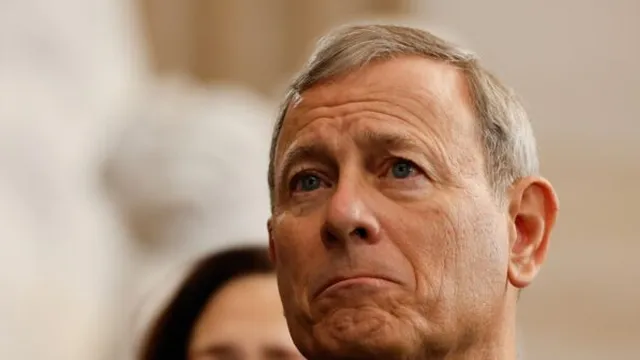
Chief Justice Roberts warns heated political words threaten judges' safety
2025-06-29 00:00- Chief Justice John Roberts addressed a judicial conference in Charlotte, North Carolina, on the risks of political rhetoric.
- He highlighted the increasing threats against judges and their implications stemming from political comments.
- Roberts urged politicians from both parties to consider the safety and independence of the judiciary.
Express your sentiment!
Insights
In the United States, Chief Justice John Roberts addressed a gathering of judges and lawyers in Charlotte, North Carolina, where he expressed concerns over the rising threats against judges. Speaking a day after the Supreme Court concluded its term, including significant rulings that had political implications, Roberts cautioned that the heated rhetoric from elected officials could incite violence against judges. He pointed out that judges often find themselves entangled in political disputes, which can escalate into threats against their safety. Roberts did not mention any political figures by name, but his remarks seemed to refer to comments made by both President Donald Trump and Senate Democratic leader Chuck Schumer. He stressed that political leaders on both sides should be mindful of the consequences that their words may have on the judiciary. Recently, threats of violence against judges have surged, with serious incidents highlighting the need for political discourse to remain respectful towards those in the judiciary. In previous remarks, Roberts has had to rebuke comments from Trump, who categorized judges based on their political affiliations, and from Schumer, who made statements that could be interpreted as threatening towards Supreme Court justices. Roberts has been vocal about maintaining the independence of the judiciary, emphasizing that criticism from political figures often arises not from a sense of unfairness, but from frustrations over losing decisions in court. He underscored the need for politicians to avoid language that could wrongly implicate judges in political controversies, thereby risking the safety of those who are simply performing their judicial duties. Overall, Roberts' statements reflect an urgent call for a more dignified political dialogue regarding the role of the judiciary in the face of rising threats and public discontent.